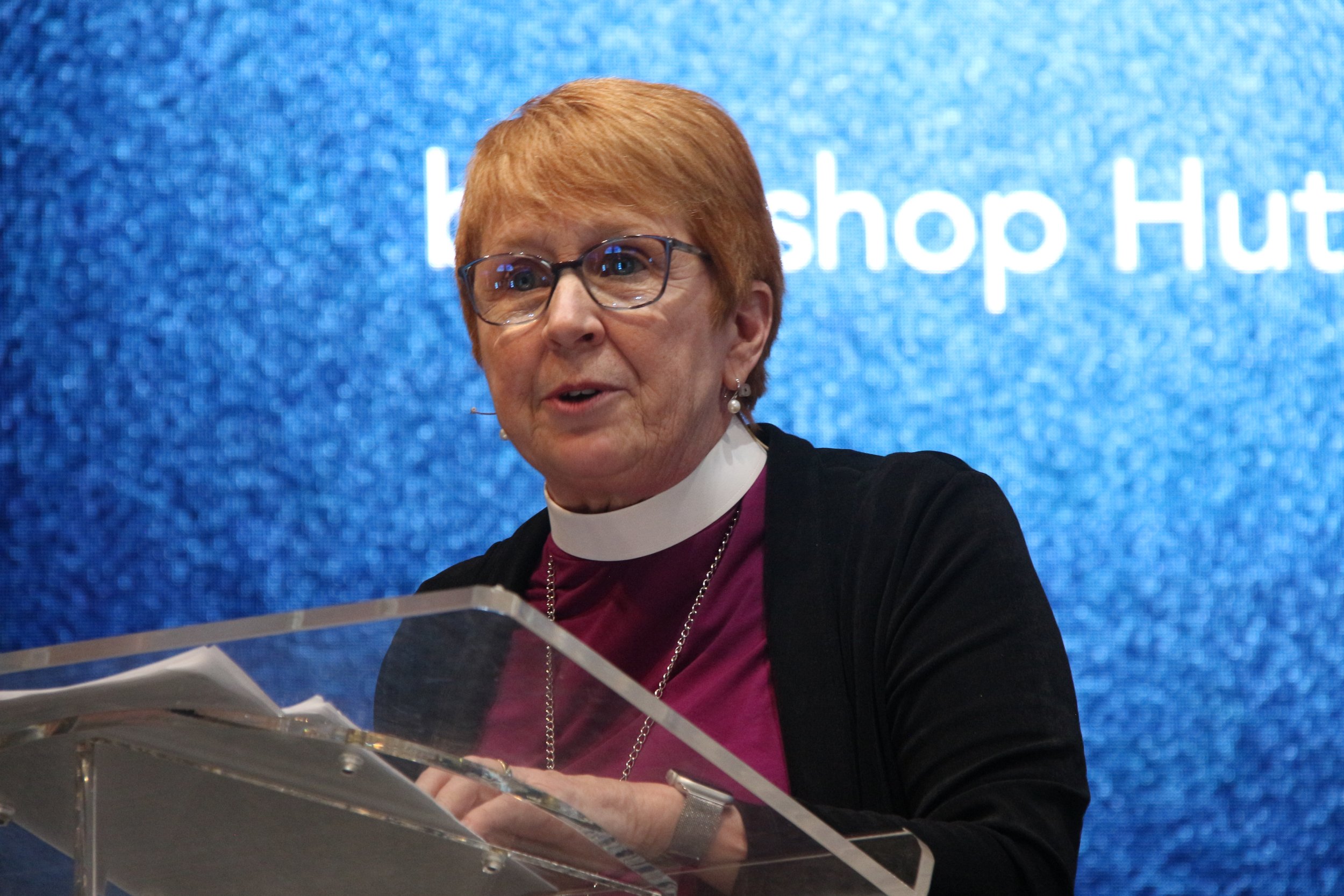Original ABBA outfits
Last summer on sabbatical, when Kristie and I were in Stockholm, we made sure to visit the most quintessential Swedish thing ever: the ABBA Museum. Yes, there is a museum dedicated to the band. And it’s everything you think it is. There’s the histories of the musicians, a replica of the recording studio, complete with the original soundboard, a theater showing old concerts, and, of course, a whole room with the outfits – all blinged out and flared at the ankles. They were deep in a basement, with no natural light, so as not to destroy all the polyester with the ultraviolet light of the sun.
One exhibit caught my eye, and that was about a later work done by Benny and Bjorn, after the band broke up, called Chess. It’s a musical set during the cold war, a US vs. Soviet chess competition. The assistant to one falls in love with the other player and both love and chaos and politics and heartache ensue. It’s pure ABBA genius.
I’ve been nostalgically listening to some of its numbers on YouTube, and got stuck on a super-ear-worm song called “Nobody’s Side”. Here’s the refrain:
Never make a promise or plan
Take a little love where you can
Nobody's on nobody's side
Never stay too long in your bed
Never lose your heart, use your head
Nobody's on nobody's side
Never take a stranger's advice
Never let a friend fool you twice
Nobody's on nobody's side
Never be the first to believe
Never be the last to deceive
Nobody's on nobody's side
And never leave a moment too soon
Never waste a hot afternoon
Nobody's on nobody's side
Never stay a minute too long
Don't forget the best will go wrong
Nobody's on nobody's side
It's the ultimate personal philosophy of cynical realpolitik. Trust no one. Nothing lasts. No loyalty. Get what you can while you can. All set to ridiculously catchy music.
I see and hear this in the world, and my first question is the same one the kids ask: who hurt you? What horrible thing did people do to you to make you so untrusting and uncaring? In the musical, it was the Soviets who steamrolled her hometown. Of course, love will break through (it’s theater) and the cynicism will melt. It’s not a French noir movie; it’s a Swedish musical.
I imagine a life like this filled with endless chasing of pleasures, and glaring absence of friendship and love. Debauched and lonely, successful and empty, cold but charming. It is, in almost every way, the exact opposite of Jesus. It’s also a good way to succeed in politics.
When I interned in the House of Representatives for a semester, I came in thinking I would find lots of really intelligent and capable people. How else did they get so far? What I found, instead, was a mixed bag. Some really were trying to do good, and some were the most arrogant, rude, selfish, calloused people I’ve ever met. I had to listen to tapes of the guy I worked for because he felt it was beneath him to have to identify himself to staff (even though we rarely saw him). One representative yelled at me with a loud “do you know who I am?” on the phone. Ugh. It was obvious they could turn it on at the state fair, in front of the cameras, and then became monsters when dealing with people for whom there was no transactional gain.
Is this what life is? We’re just individuals in a sea of individuals trying to get what’s best for us?
Are relationships just transactions? Is there no real love? Kindness? Compassion? Common good? And what about higher ideals? Self-sacrifice? Service? What about that whole cross thing? Giving up everything?
If your view of things is a series of quid pro quos, then Jesus is the ultimate chump. He is the ultimate sucker who teaches us to let others walk all over us and get things from us without getting anything in return. What a wuss.
For those who are transactional, any giving without getting is not just frustrating; it’s humiliation. It’s getting played. It’s getting taken. And you’re convinced that, once the deal’s done, they’re snickering behind your back and laughing at you in disrespect. Giving is just letting people use you. Demand something for everything, then you can walk proudly.
We are in the midst of an election season, as we all know too well. I’ll admit I get tired of it, but I wouldn’t trade it for any other system. I may not always get the results I want, but no gain is worth having a dictator. And I’ll admit, too, that I feel such a deep grief at the total lack of thinking about the common good, the poor and the needy, the disadvantaged, the immigrants and refugees and homeless. The debates end up becoming a race between two people who have to win votes on selfishness: who will get me the most for me?
When did you hear a debate about whose policies will bring the most good to the most poor, and prevent or cure homelessness? They will argue, when pressed, that this or that policy they advocate will have that effect, but that’s ancillary. I don’t hear any “most good for the most people”. It’s always “are you better off than you were under this one?”
The Christian should be looking at the politicians the way Jesus did, through the eyes of the poor and powerless. We should be demanding that the government and corporations work for the betterment of the whole society, and world, to reduce suffering and poverty and environmental destruction. That should be the question. Not who will best satisfy my selfish desires with the least amount of personal sacrifice.
As you know, I’ve been leading a small discussion group on the proposed ELCA social statement Civic Life and Faith. Like all ELCA statements, it moves slowly, building a case with scripture and theology, and moving to specifics. It’s far from radical, but sure to irritate some. It has a lot of talk about the need for Christians to advocate for the “common good” – a phrase that some, mistakenly, think is a code for communism and collectivizing all private property. It’s a slippery-slope argument that makes it impossible to talk about our “collective” responsibility to our neighbors in need. An excerpt from the beginning:
Article 2) In the biblical word shalom (Hebrew word) the Scriptures depict God's goal for creation and point to the nature of God’s ongoing active engagement with it. God’s power and love seeks shalom, the fullness of peace, well-being, goodness, truth, beauty, justice, freedom, wholesomeness, and love woven together for all. This statement is undergirded by that biblical term but in the context of civic life employs other terms such as “the well-being of all” or “the common good” because they are earthly measures toward God’s intention. God’s sovereignty brings forth and sustains the universe and grants creatures their power, even though it often is hidden to human view. God intends that humans use and share the gift of power so that human structures and systems serve the intended well-being of all with good order and justice.
So much here one could unpack, but I want to just highlight a couple ideas for consideration as we go into voting.
First, the idea that we are all in this together, the whole creation, and that peace and fullness exist only when we ALL are experiencing it. The good of all is the good for me. This is not a “if they get something I lose something” – a zero-sum philosophy (which is pointed out later in the statement), but a good for all. There is plenty for all, and one person’s winning is not me losing. It’s about wholeness, not transactional gain.
Second, the line about structures and systems. It’s not just about us, as individuals, minding our business and being nice to the clerk at the checkout counter (which you should be), but it’s about the whole system. Laws and policies can be rigged by the rich and powerful to their benefit, at others’ expense. Being ethical, as a Christian, is more than watching my own worst impulses, but about creating systems where some aren’t forced into poverty by laws and systems that give them no choice. We must seek a wholistic justice.
I could unpack this for ages, and I encourage you to take a look at the full statement again. Suffice it to say that we I believe we need to demand of our politicians a focus on the common good, and creating a wholeness with each other and the environment, a concern for the poor and disadvantaged, and not a transactional view of “what’s in it for me?” Transactional relationships are all about leveraging and using, not about loving and giving. They’re the opposite of Jesus.
Pastor Lars






